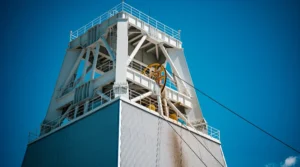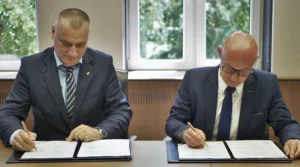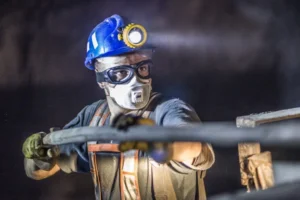What goes on in Poland on the 15th of February.
Krasnodębski: Gas directive to be investigated, Nord Stream 2 to be blocked
Last Friday, the Council suddenly accelerated the work on the gas directive. After almost a year of silence from the Member States, the Romanian Presidency decided to return to this issue. The common position of the Member State was adopted almost at the last moment, which provided an opportunity for the adoption of this directive by the European Parliament in this term – writes prof. Zdzisław Krasnodębski, Member of the European Parliament of European Conservatives and Reformists for BiznesAlert.pl.
Incomplete success
Therefore, the parliamentary team responsible for negotiations with the Council had to join them immediately, practically overnight. As a counter-rapporteur, I was in this framework on behalf of my political group – the European Conservatives and Reformers – writes the MEP.
From the beginning of the work on the amendment of the gas directive, I have sought to introduce such legal restrictions for new gas pipelines so that installations inconsistent with the law in force in the EU can not be created, as well as the principle of solidarity in energy and international policy. Among my amendments, Parliament’s position included a provision on third countries subject to economic sanctions, whose infrastructure projects could not count on temporary exemptions from certain EU requirements – he writes.
The agreement reached in negotiations with the Council and the Commission assumes that the Nord Stream 2 gas pipeline will be subject to the third energy package, including in particular the obligation to separate transmission activities from the production and supply of raw materials. This is indeed a significant step forward, because until now such projects have not been regulated by Community regulations as opposed to intra-EU installations.
However, it has not been possible to fully ensure greater supervision of the European Commission over derogations from the application of the provisions that are granted to existing gas pipelines. We can not be sure that the currently emerging NS2 will not be recognized in this framework as already existing – unfortunately, the directive does not specify precisely the moment when the project becomes „existing”.
In addition, the compromise reached was based on the assumption that only the country in which the gas pipeline ends (Germany in the case of Nord Stream 2) is entitled to apply for possible exemptions, EU derogations or even negotiate an intergovernmental agreement with a third country. The original project, which we defended, also assumed the participation of other states providing their territorial waters at sea, and even only the exclusive economic zones for the underwater transmission connection – believes Krasnodębski.
For this reason, and in connection with the general assessment that the agreement is mainly in the mind of the Council and does not cover many of Parliament’s important demands, I could not sign it under negotiations – sums up the MEP.








